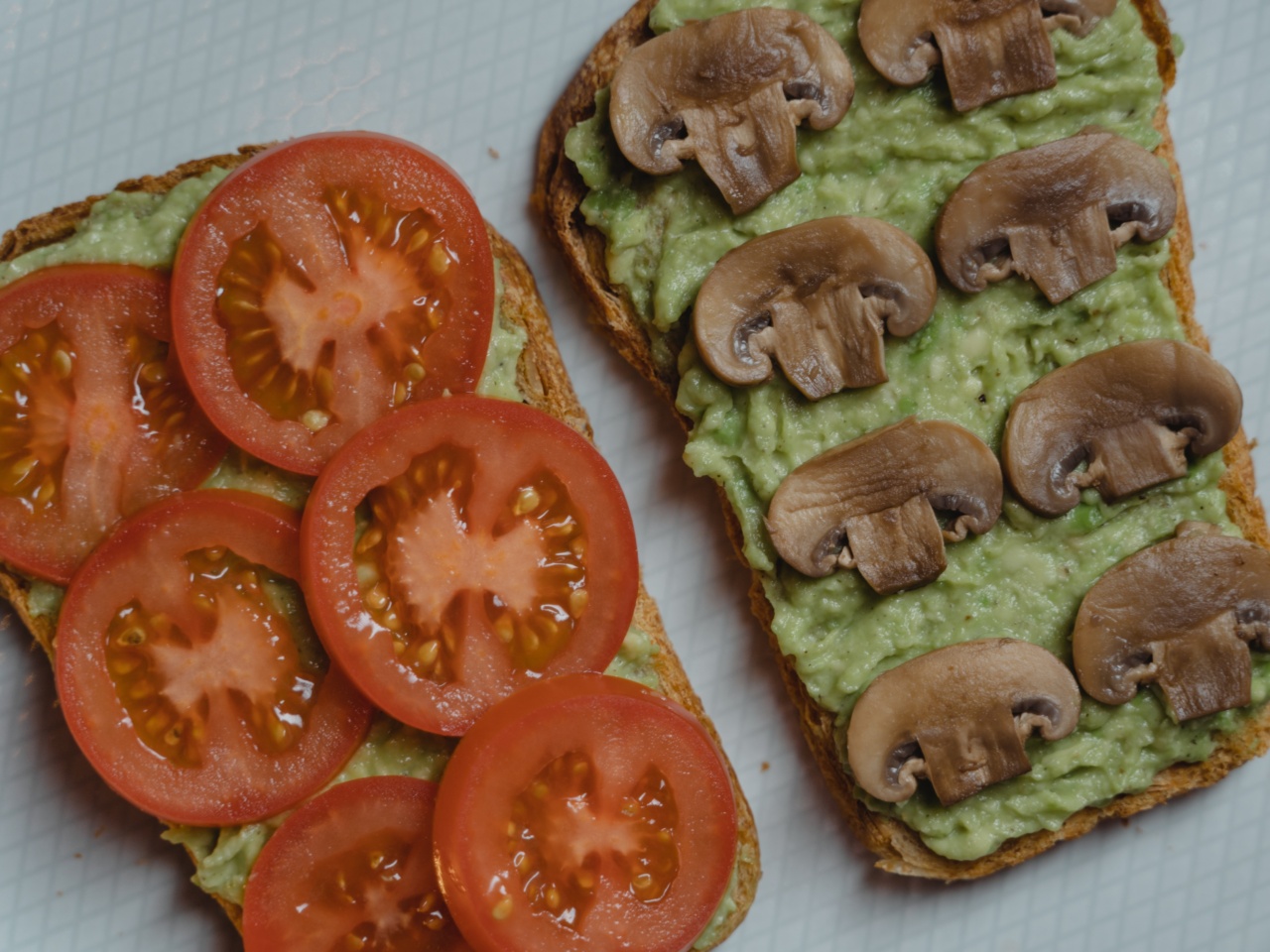The concept of vegetarianism has been around since ancient times. The idea of consuming only plant-based diets has been popular for a variety of reasons, such as religious and ethical beliefs, environmental considerations, and health concerns.
One of the most significant benefits of a vegetarian diet is longevity. This topic is still debated, as some people believe that a plant-based diet is the key to a long and healthy life, while others argue that it could lead to nutrient deficiencies.
In this article, we will explore the arguments for and against a vegetarian diet regarding longevity.
What is a Vegetarian Diet?
A vegetarian diet is a type of diet that includes only plant-based foods, such as fruits, vegetables, grains, legumes, nuts, and seeds. Vegetarians usually exclude all types of meat, fish, and poultry.
Some vegetarians also exclude dairy products and eggs and follow a vegan diet, which is a more restrictive version of a vegetarian diet. Vegetarians consume fewer calories, saturated fats, and cholesterol than non-vegetarians, which could lead to a longer life expectancy.
Health Benefits of a Vegetarian Diet
Studies have shown that a vegetarian diet can improve overall health and reduce the risk of chronic diseases. Here are some of the health benefits of a vegetarian diet:.
1. Lower Risk of Heart Disease
A vegetarian diet is associated with a lower risk of heart disease. Research has shown that vegetarians have lower levels of cholesterol, blood pressure, and blood sugar than non-vegetarians.
This could be due to the high fiber content of plant-based foods, which can help lower cholesterol levels and prevent the buildup of plaque in the arteries.
2. Reduced Risk of Cancer
Vegetarians have a lower risk of developing certain types of cancer, such as colorectal cancer, breast cancer, and prostate cancer.
This could be due to the high fiber content of plant-based foods, which can help eliminate toxins and carcinogens from the body. Additionally, plant-based foods are rich in antioxidants, which can help prevent cell damage and reduce the risk of cancer.
3. Improved Digestion
A vegetarian diet is rich in fiber, which can improve digestion and prevent constipation. Additionally, plant-based foods are easier to digest than animal-based foods, which can put a strain on the digestive system.
A healthy digestive system can lead to better overall health and a longer life expectancy.
4. Lower Risk of Diabetes
Vegetarians are less likely to develop type 2 diabetes than non-vegetarians. This could be due to the high fiber content of plant-based foods, which can help regulate blood sugar levels and prevent insulin resistance.
Arguments Against a Vegetarian Diet
While there are many health benefits of a vegetarian diet, some people argue that it could lead to nutrient deficiencies. Here are some of the arguments against a vegetarian diet regarding longevity:.
1. Protein Deficiency
Meat and fish are rich sources of protein, which is essential for muscle growth, repair, and maintenance.
Vegetarians must consume a variety of plant-based protein sources, such as tofu, tempeh, legumes, and nuts, to ensure they are getting enough protein. A protein deficiency could lead to muscle wasting, weakness, and frailty, which could reduce life expectancy.
2. Vitamin B12 Deficiency
Vitamin B12 is essential for red blood cell production, nerve function, and DNA synthesis. Vitamin B12 is mostly found in animal-based foods, such as meat, fish, and dairy products.
Vegetarians must consume fortified foods or supplements to ensure they are getting enough vitamin B12. A deficiency in vitamin B12 could lead to anemia, neurological disorders, and cognitive decline, which could reduce life expectancy.
3. Iron Deficiency
Iron is essential for red blood cell production and oxygen transport. Iron is mostly found in animal-based foods, such as red meat, poultry, and fish.
While there are plant-based sources of iron, such as beans, lentils, and spinach, the iron in plant-based foods is not as easily absorbed as the iron in animal-based foods. Vegetarians must consume a variety of iron-rich plant-based foods and combine them with vitamin C-rich foods to increase iron absorption. A deficiency in iron could lead to anemia, fatigue, and reduced immunity, which could reduce life expectancy.
Conclusion
While there are arguments for and against a vegetarian diet regarding longevity, the consensus is that a well-planned vegetarian diet can be beneficial for overall health and lead to a longer life expectancy.
Vegetarians must ensure they are consuming a variety of plant-based foods to avoid nutrient deficiencies and maintain optimal health.






























